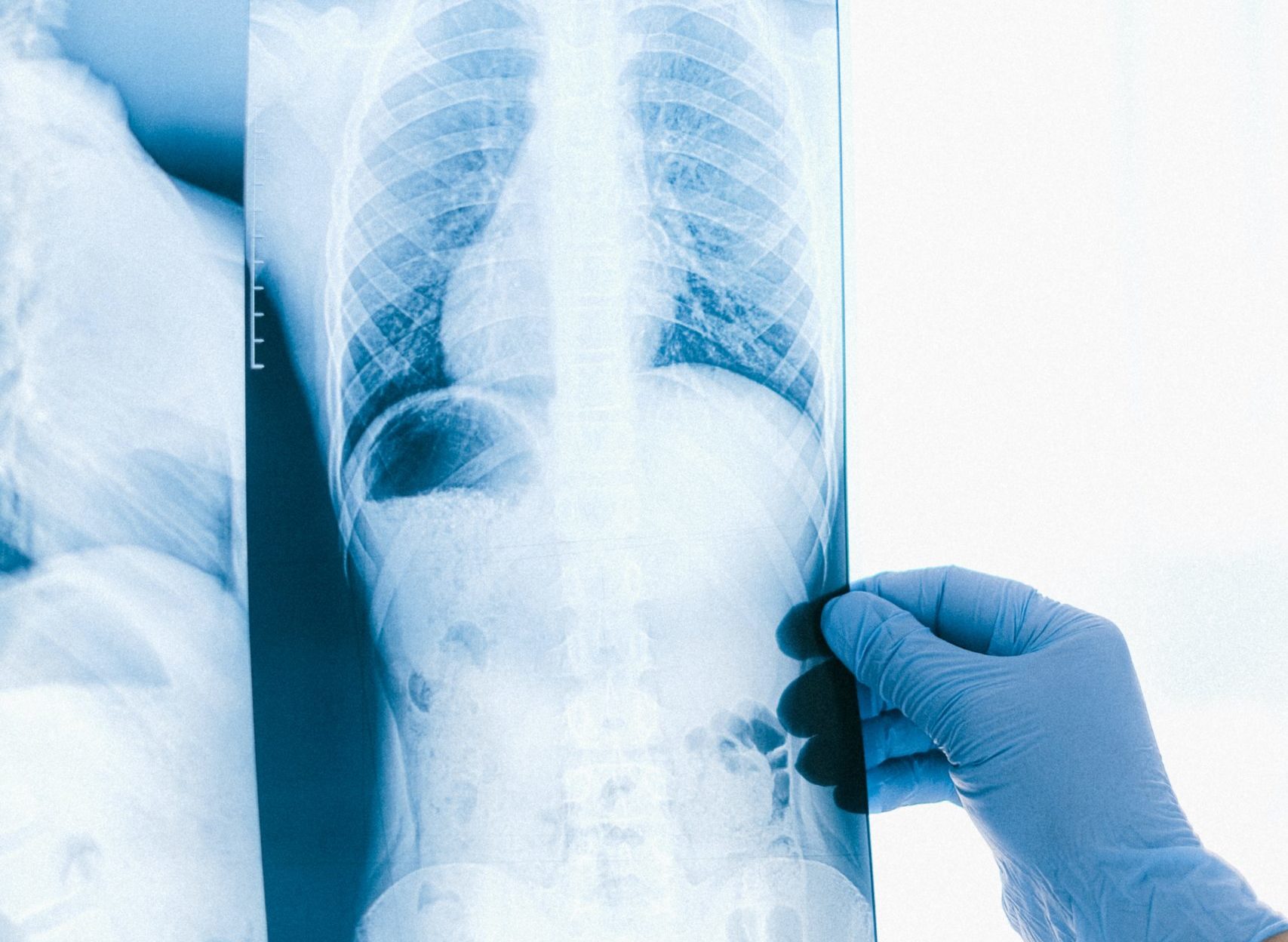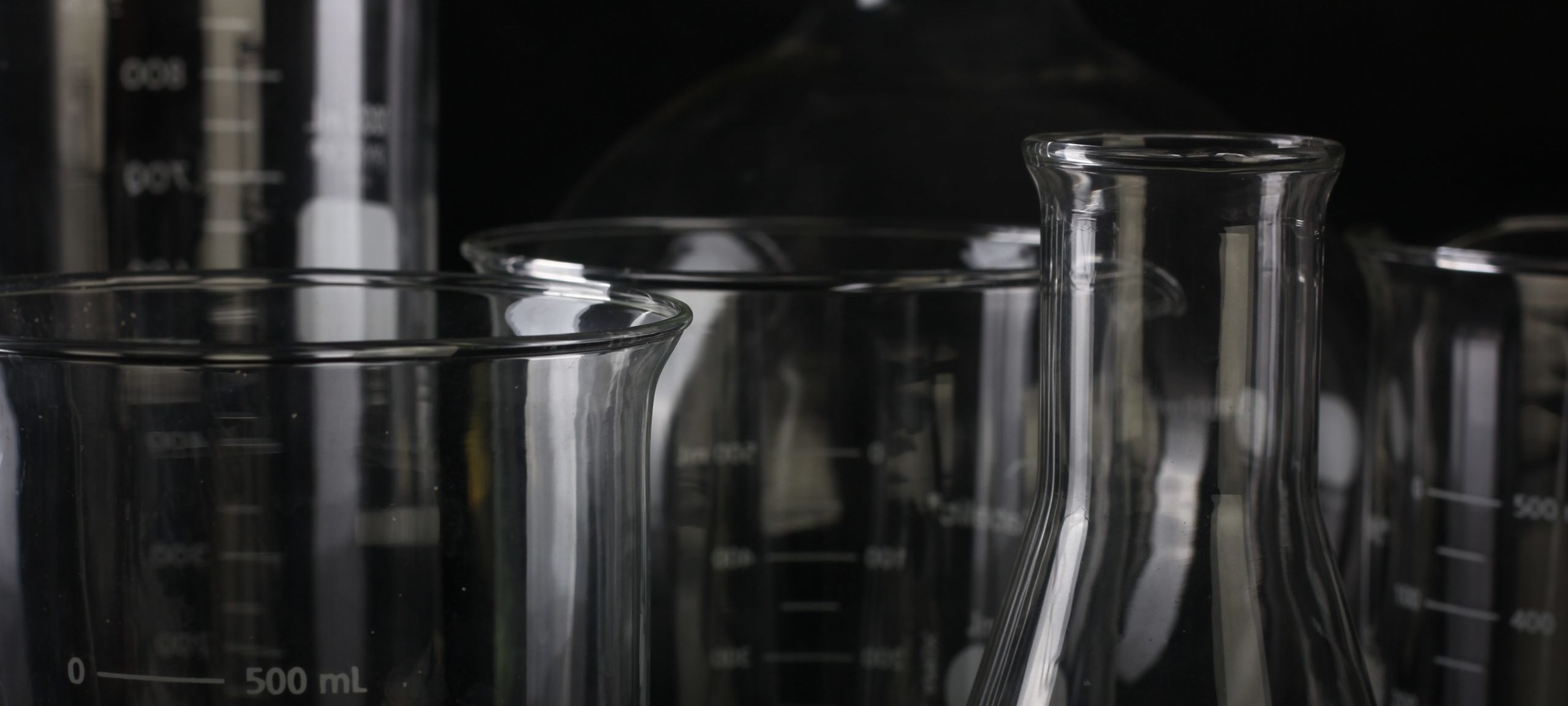If you or your loved one has been diagnosed with cancer after using a Philips sleep apnea device, Hensley Legal Group can help
Philips Sleep Apnea Machine Lawsuits
Your Sleep Apnea Machine May Put You At Risk For Cancer
Millions of sleep apnea machines have been recalled after it was revealed that users could be at risk for deadly cancers. Some Bi-Level Positive Airway Pressure (Bi-PAP), Continuous Positive Airway Pressure (CPAP), and Adaptive-Servo Ventilation (ASV) devices manufactured by Philips use a polyurethane foam that disintegrates over time, releasing toxic gases. When inhaled, these gases could cause lung cancer, leukemia, non-Hodgkin’s lymphoma, liver cancer, nasal cancer, breast cancer, and other types of cancer.
Polyurethane (PE-PUR) foam is an extremely flammable material that releases dangerous chemicals as it decomposes. If you have been diagnosed with cancer and have used a recalled Philips CPAP, ASV, or Bi-PAP, we can help you pursue financial compensation. Please call Hensley Legal Group today or click the contact button below for a free consultation about your sleep apnea machine lawsuit.

Which Sleep Apnea Machines Have Been Recalled?
Philips estimates that over three million devices containing PE-PUR foam may be affected by the recall. PE-PUR foam is made from polyurethane, a highly flammable material that releases carcinogens and other deadly chemicals as it breaks down. Users may then inhale these chemicals.
As of June 2021, Philips has recalled these devices:
- SystemOne Q Series
- DreamStation CPAP, Auto CPAP, BiPAP
- Dorma 400/500 CPAP
- REMStar SE Auto CPAP
- DreamStation ASV
- DreamStation SV/AVAPS
- SystemOne ASV4
- C Series ASV, S/T, AVAPS
- OmniLab Advanced Plus In-Lab Titration Device
- E30 Continuous Ventilator
- Trilogy 100 Ventilator
- Trilogy 200 Ventilator
- Garbin Plus, Aeris, LifeVent Ventilator
- A-Series BiPAP Hybrid A30 (not marketed in the U.S.)
- A-Series BiPAP V30 Auto
- A-Series BiPAP V30 (not marketed in the U.S.)
If you are using one of these devices, speak to your doctor immediately about safe alternatives. Philips recommends that you also stop using the devices as soon as possible.
What Types of Chemicals Are Released From Polyurethane?
As the PE-PUR foam inside the recalled sleep apnea and ventilator devices degrades, the polyurethane releases carcinogens (cancer-causing chemicals) and other dangerous compounds. Inhaling these gases can cause symptoms ranging from annoying – like headaches and nausea – to serious -respiratory issues, cognitive issues – as well as cancer.
These are the chemicals you could be breathing in from your CPAP machine:
- Formaldehyde – inhaling formaldehyde can cause nasal cancer
- Flame retardant – research has revealed that exposure to flame retardants can cause thyroid cancer, learning disabilities, and can even damage
- Benzene – commonly found in gasoline and cigarette fumes, benzene is known to cause leukemia and other blood-related cancers
- Dichloromethane – also called methylene chloride, inhaling this chemical could lead to an increased risk for brain cancer, liver cancer, non-Hodgkin lymphoma, and multiple myeloma
- PFOS – perflourooctanesulfonate (PFOS) is a type of PFOA that can cause kidney, prostate, testicular, breast, bladder, and pancreatic cancer.
- Solvents – solvents are used to thin or dissolve paint and other coatings and adhesives. Breathing in solvents can irritate your mouth, throat, lungs, and stomach. Long-term exposure can damage your respiratory system, nervous system, and reproductive system, and cause cancer.
There is no way to avoid inhaling these chemicals unless you stop using your recalled CPAP or ventilation device. It is crucial that you speak to your doctor about finding an alternative that works for you.

What Causes Polyurethane to Break Down?
Polyurethane foam helps to dampen the sound that CPAP, Bi-PAP, and ventilators make while running. The foam is porous which helps to dampen sound, but also allows for oxygen, heat, and moisture to get in. This causes the foam to break down and release dangerous gases.
Philips said in a statement that unapproved cleaning methods, like ozone cleaning machines that are often marketed specifically for cleaning CPAP machines and other ventilation devices, can cause the foam to break down faster. High heat and high humidity can also speed degradation.
How to Join a Sleep Apnea Machine Lawsuit
Many of the chemicals released from degrading polyurethane foam are known carcinogens, though not many people breathe in decomposing polyurethane every night. People who need sleep apnea devices and ventilators use them every night and sometimes during the day, and may already be at risk for respiratory issues.
Philips admitted that testing revealed their PE-PUR foam may expose users to possible risks related to inhaling dangerous chemicals, though that didn’t stop them from marketing the now-recalled sleep apnea machines to the public.
Manufacturers should be held responsible when their products hurt people. If you have been diagnosed with cancer after using a recalled Philips CPAP, Bi-PAP, or ASV, a defective product lawsuit can help you seek compensation for your damages including medical costs, lost wages, and reduced quality of life.
Getting started with your claim is completely free. And the sooner you start, the better.
A qualified defective product lawyer can ensure all documentation is submitted on time, and can help prove that your cancer diagnosis is linked to your use of a recalled Philips sleep apnea machine. Please call or contact us today to get started on your claim.